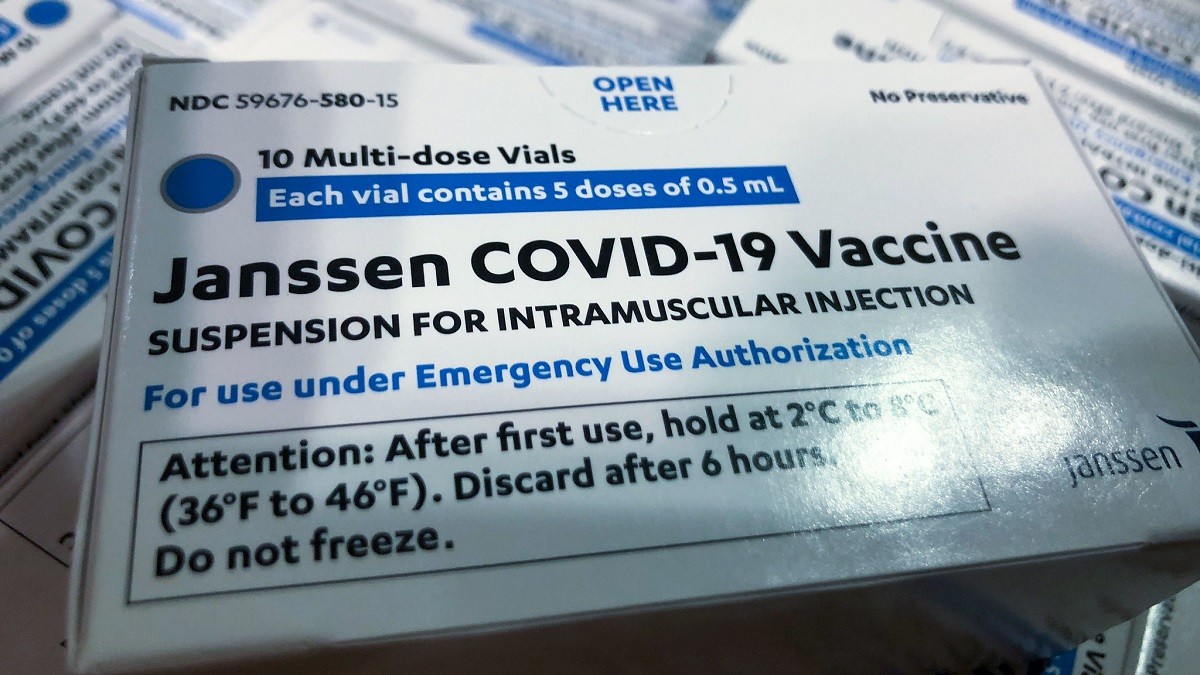Health
FDA: Johnson & Johnson Covid-19 vaccine may increase risk of rare nerve disorder

WHAT YOU NEED TO KNOW:
- The US Food and Drug Administration updated the label on Johnson & Johnson’s coronavirus vaccine on Monday to warn of the possible increased risk of a rare neurological complication known as Guillain-Barré syndrome.
- According to the CDC, Guillain-Barré occurs when a person’s immune system damages the nerves, spurring muscle weakness and in some cases, paralysis.
- While the FDA said it had not established the vaccine could cause the syndrome, it noted an increase in reports of the sometimes paralyzing condition.
The Food and Drug Administration (FDA) announced a new warning on the Johnson & Johnson COVID-19 vaccine and a possible link to Guillain-Barré, a rare autoimmune nerve disorder. The agency revised the vaccine’s accompanying fact sheets to reflect an increased risk of the disorder following vaccination.
The warning comes after about 100 preliminary reports of Guillain-Barré cases against a backdrop of about 12.5 million Johnson & Johnson doses administered, the FDA said in a statement Monday. Of the total, 95 cases were serious and involved hospitalization, with one reported death. However, the FDA stopped short of pinning a causal relationship between the vaccine and the rare disorder.
“Although the available evidence suggests an association between the Janssen vaccine and increased risk of GBS, it is insufficient to establish a causal relationship,” the statement reads, later adding, “Importantly, the FDA has evaluated the available information for the Janssen COVID-19 Vaccine and continues to find the known and potential benefits clearly outweigh the known and potential risks.”
The updated warning advises seeking immediate medical attention upon symptoms post-vaccination like “weakness or tingling sensations (especially in the legs or arms) worsening or spreading to other parts of the body, difficulty walking, difficulty with facial movements including speaking, chewing or swallowing, double vision or inability to move eyes, or difficulty with bladder control or bowel function.”
Johnson & Johnson has been in talks with the FDA and other regulators over the rare cases, the company said in a statement on Monday.
Nordlund and the FDA said available data don’t show a similar trend with mRNA vaccines(Pfizer-BioNTech and Moderna), after over 321 million doses were administered in the United States. An independent group of experts advising the CDC plan to discuss the issue at an upcoming meeting, she said, though it is not immediately clear when the meeting will be held.
According to the CDC, Guillain-Barré occurs when a person’s immune system damages the nerves, spurring muscle weakness and in some cases, paralysis. Symptoms can last for several weeks to years, and while most will go on to fully recover, some are left with permanent nerve damage. Triggers for the rare syndrome include recent respiratory or gastrointestinal infection weeks before symptoms, or other viral infections like the flu and Zika virus.
Source: Fox News
